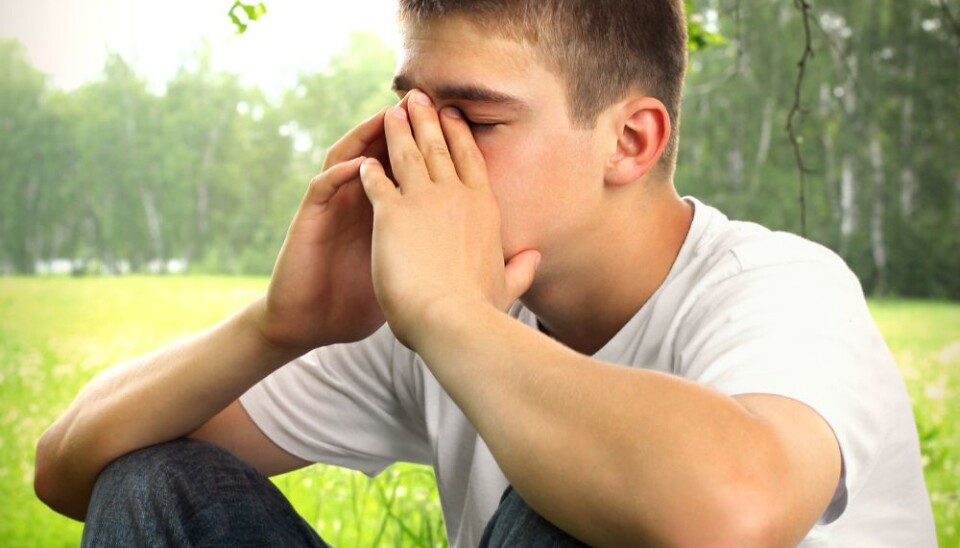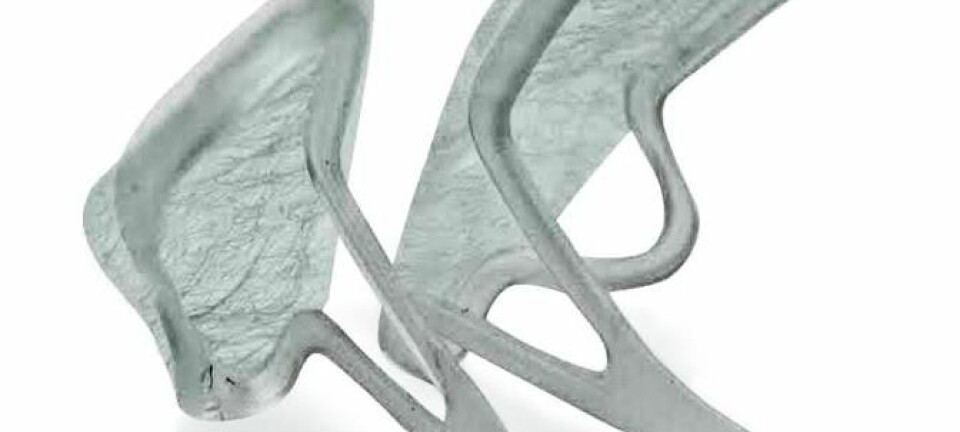
Pollen may increase suicide rates
Scientists have established a correlation between pollen count in the air and suicide rates in Denmark.
Scientists may now have come a step closer to solving the long-standing mystery of why most suicides appear to take place in springtime.
According to a new study, published in the journal BMJ Open, there is a correlation between suicides in Denmark and the pollen count in the air.
Small but significant correlation
This correlation was to be expected, seeing as most suicides take place in springtime. However, the Danish researchers have delved a bit deeper into the data and conclude in their study that, in general, the number of suicides increases proportionally with the amount of pollen in the air.
“To a certain extent, this was what we had expected to find, and we were excited to see the positive results,” says lead author of the study, Ping Qin, an associate professor at Aarhus University’s National Centre for Register-based Research, who also doubles as a professor of medicine at the University of Oslo, Norway.
We believe that cytokines play an important role, based on previous findings which showed a correlation between depression and allergy and between affective mood disorders and suicide. It was partly this hypothesis that we based our study on.
“It is, however, important to note that although we found a statistically significant correlation between pollen count and the number of suicides in the population, the effect was not huge.”
Pollen is worst for depressed people
The effect of pollen was found to be strongest on people who already suffered from a mood disorder or were diagnosed with depression.
Patients with these symptoms or diseases were identified using the Danish Psychiatric Central Register, which contains data about all studies and treatments in Danish hospitals and doctors’ clinics.
The new study did not examine the exact cause of why pollen might trigger suicide, nor did it look at the effect of individual types of pollen – e.g. grass versus birch.
However, when Ping Qin and her colleagues embarked on their study, they had a hypothesis about why, generally, pollen may trigger suicide.
In short, they hypothesised that:
- Pollen may trigger an allergic inflammatory condition, which
- Triggers signalling molecules known as cytokines, which
- Affect people who are prone to mood swings or other diagnoses that may increase the risk of suicide.
“We believe that cytokines play an important role, based on previous findings which showed a correlation between depression and allergy and between affective mood disorders and suicide. It was partly this hypothesis that we based our study on,” says Ping Qin.
She believes that further studies are required to confirm the new findings, but she says that the new study may bring us a step closer to finding out why most suicides take place in springtime.
------------------
Read the Danish version of this article at videnskab.dk
Scientific links
- "Suicide risk in relation to air pollen counts: a study based on data from Danish registers", BMJ Open (2013), DOI: 10.1136/bmjopen-2012-002462
- "Pollen counts and suicide rates. Association not replicated", Acta Psychiatr Scand (2012), DOI: 10.1111/j.1600-0447.2011.01813.x
- "Variation in Suicide Occurrence by Day and during Major American Holidays", Journal of Emergency Medicine (2014), DOI: 10.1016/j.jemermed.2013.09.023








